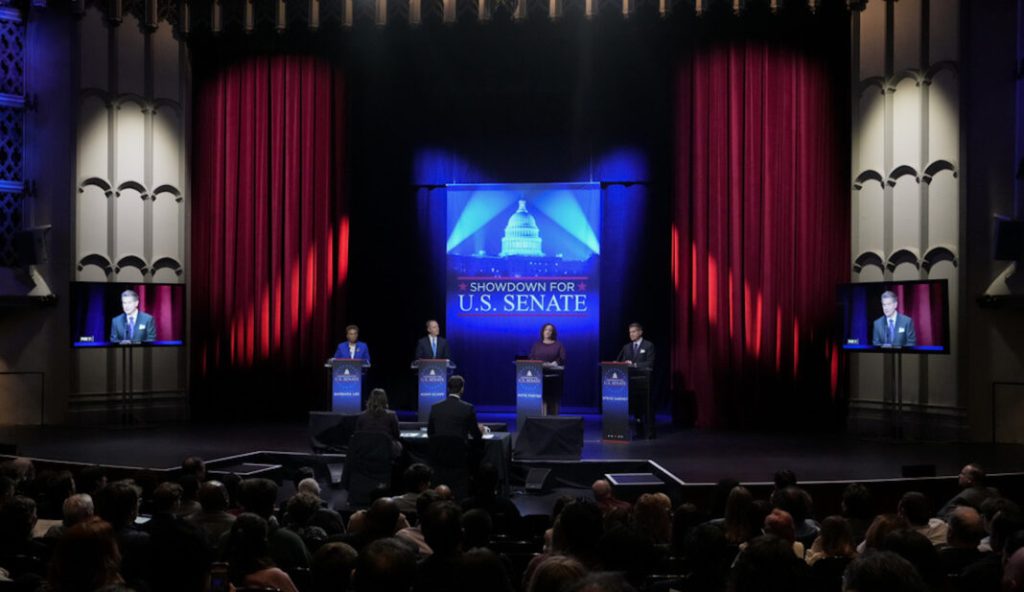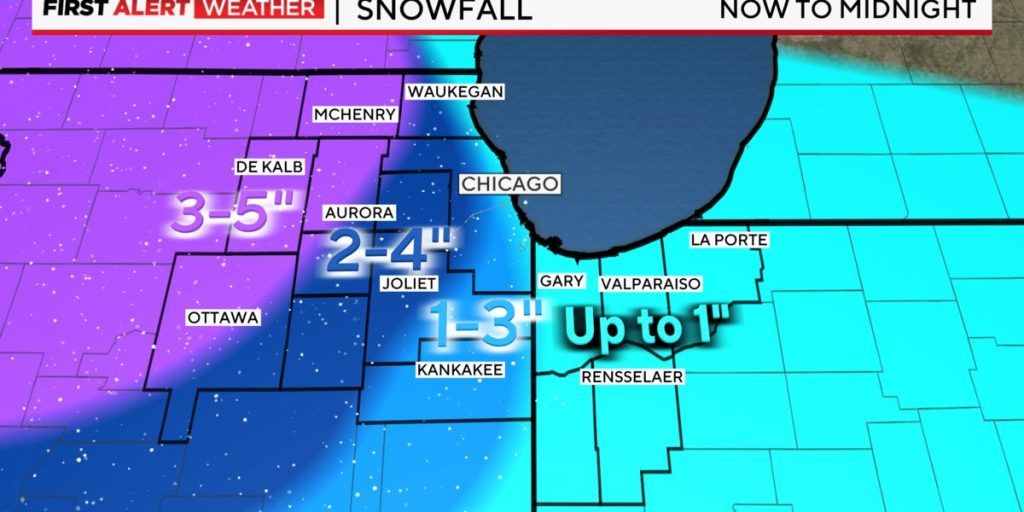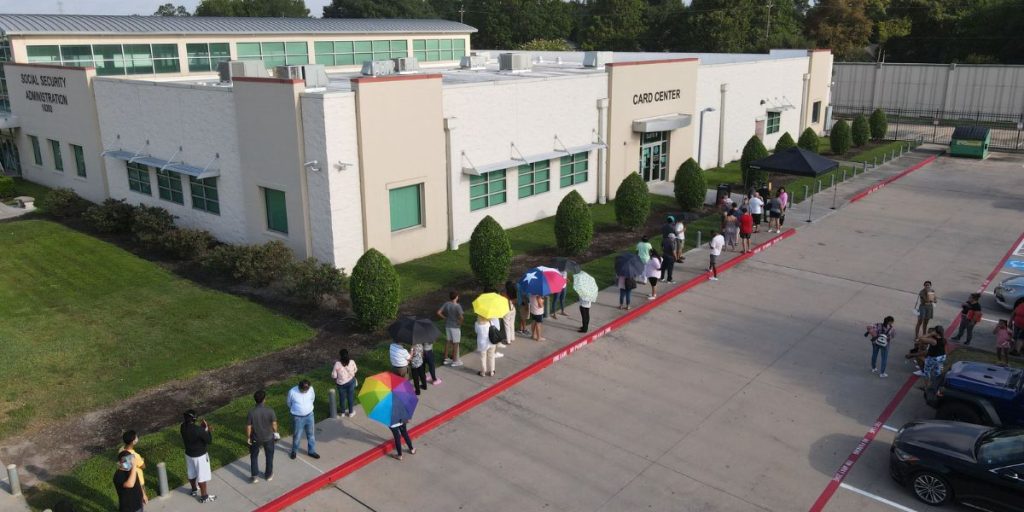In a fiery debate on Monday, the top four candidates for the California Senate primary tackled the complex issue of the Israel-Hamas conflict, with Rep. Barbara Lee (D-Calif.) pushing Rep. Adam Schiff (D-Calif.) to support a cease-fire, a stance he declined.
Lee characterized the Israeli military operation in Gaza as “counterproductive to Israeli security” and warned of the conflict spiraling out of control. Referencing her past vote against the Iraq War, she emphasized the potential escalation of the situation, stating, “It’s escalating in the region. We have to make sure that our national security is also protected.”
The debate unfolded with intense discussions among the candidates, including Rep. Katie Porter (D-Calif.) and Republican candidate Steve Garvey. Both Lee and Porter advocated for a cease-fire, while Schiff and Garvey resisted such a call.
The roots of the Israel-Hamas war can be traced back to October, triggered by a surprise attack by Hamas militants that claimed over 1,200 Israeli lives. The subsequent Israeli military operation in Gaza has resulted in the deaths of over 25,000 Palestinians.
Schiff defended his refusal to support a cease-fire, asserting, “I don’t know how you can ask any nation to cease fire when their people are being held by a terrorist organization.” He highlighted the complexity of the situation and expressed concern about leaving Hamas in control of Gaza, emphasizing their continued holding of hostages.

Read more:
- Trump cheers DeSantis’ departure, marking end to 2024 campaign rift
- Senator Cruz underscores South Texas dependency on trade with Mexico
- Impeachment trial defense for Paxton cost $2.3 million
- U.S. Senate candidate Sherman distinguishes himself with managerial and legislative expertise
All three Democrats in the debate expressed support for a two-state solution in the region, with Lee directly criticizing Israeli Prime Minister Benjamin Netanyahu for opposing a Palestinian civilian government in Gaza. Despite the Biden administration’s push for a two-state solution, no concrete progress has been made.
Garvey took a more reserved stance on the conflict, attributing the political situation in Israel as a hindrance to a two-state solution and deeming expectations of a diplomatic solution “naive.”
The debate marked the first face-off among the Senate candidates ahead of the March 5 primary. The top two vote-getters, regardless of party affiliation, will advance to the general election. Rep. Adam Schiff currently leads the field, holding a nine-point advantage over Garvey in recent polls. Butler and Porter trail behind in the polls.
The Senate race in California is pivotal as it will determine the full-time replacement for the late Sen. Dianne Feinstein (D-Calif.), who passed away in October. Sen. Laphonza Butler, appointed to the seat, has announced that she will not seek election.
The primary is expected to be the most expensive in history. Both Porter and Schiff lead Senate fundraising efforts for the 2024 cycle, with $22 million and $21 million, respectively, as of October. Lee raised $3.4 million during the same period, while Garvey’s fundraising report is yet to be disclosed.
As the candidates grapple with pressing international issues like the Israel-Hamas conflict, the outcome of the California Senate race holds significant implications for the representation of the state in the Senate. The voters will play a crucial role in shaping the future direction of California’s political landscape.



